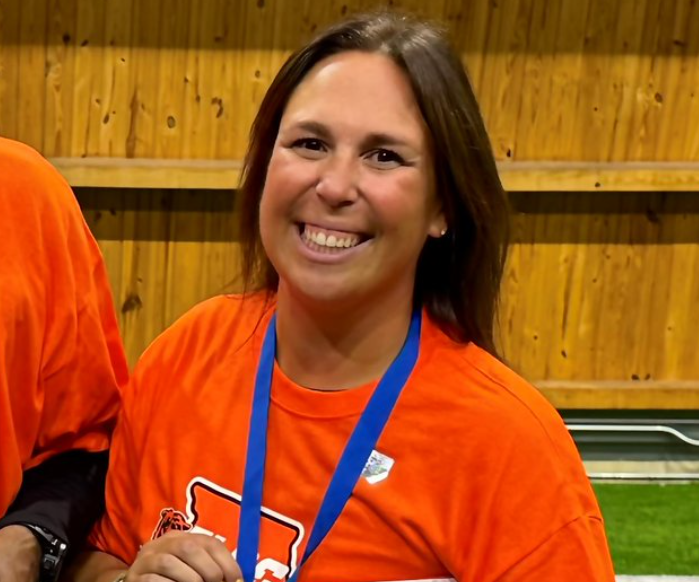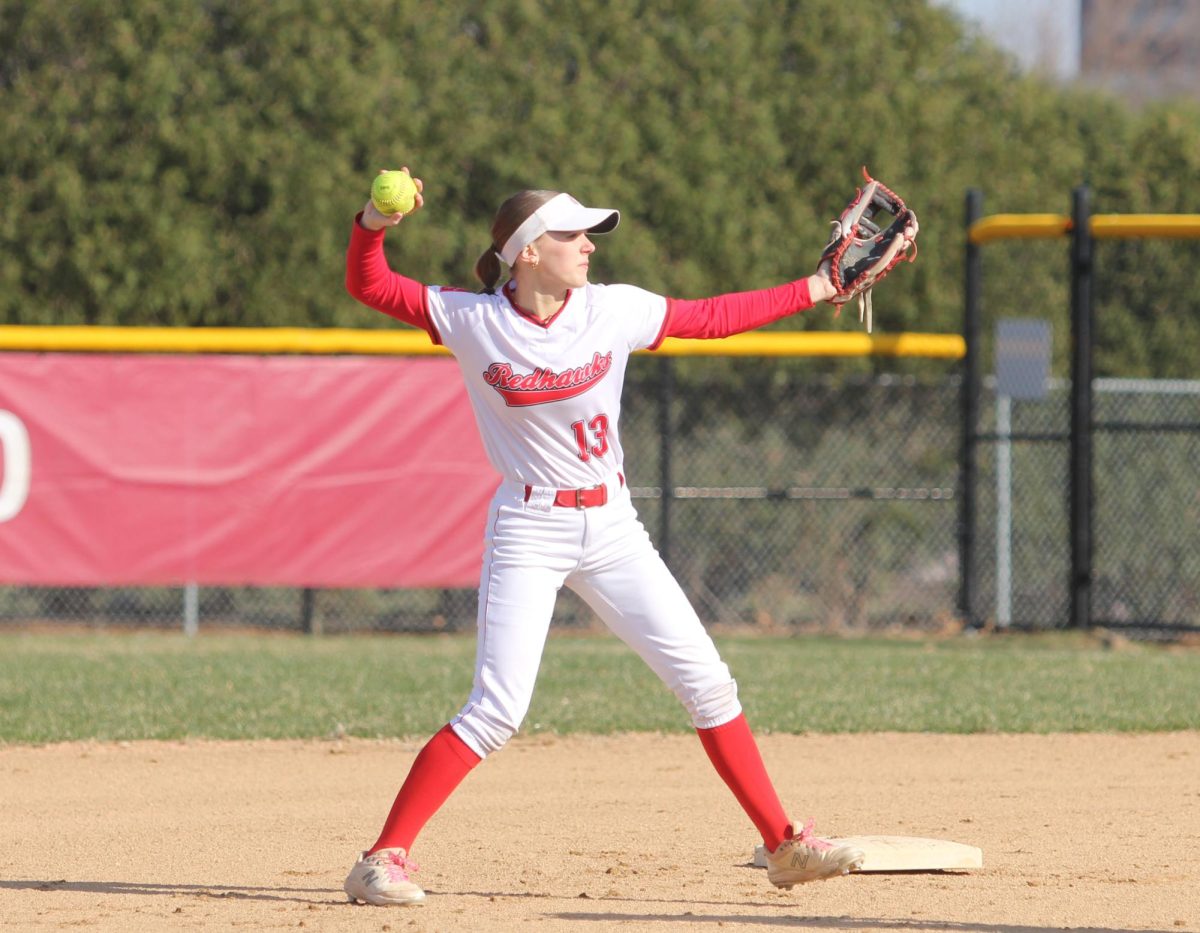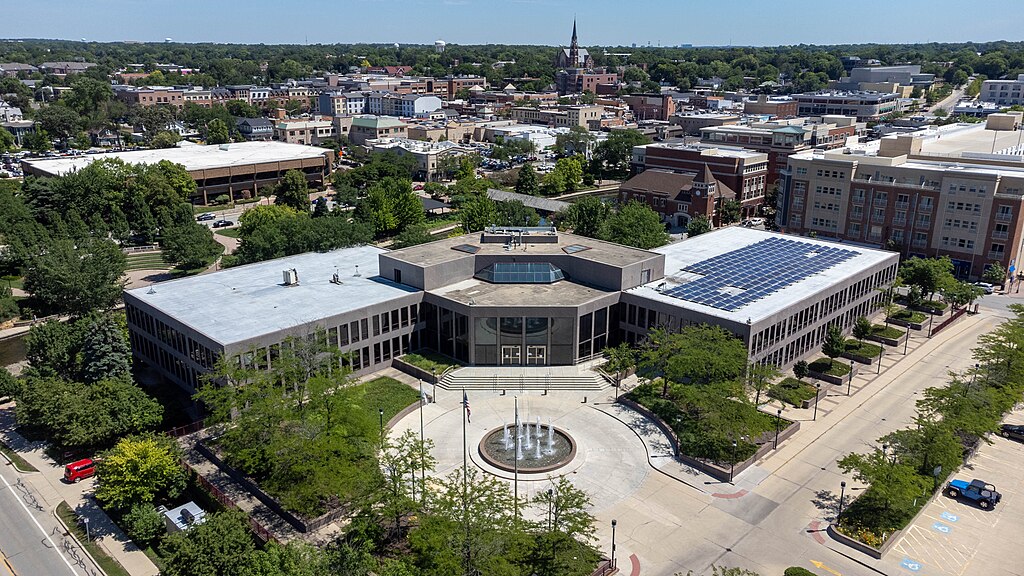Submission edits aside, modified 2020 AP exams run smoothly
June 17, 2020
Due to mandated remote learning and school shutdowns, the College Board modified Advanced Placement (AP) exams to be taken at home this year.. In response, teachers, faculty and students at Naperville Central adjusted their preparation for the exams. Despite technological concerns, the tests ran smoothly.
AP exams are assessments run by the College Board. They test on content taught in college level courses, and cover subjects from music theory to calculus. This year, they were shortened and administered online from May 11-22 due to the ongoing COVID-19 pandemic.
“[College Board] reconfigured all the tests to be all free responses or essay [questions],” testing coordinator Debra Ericson said. “All the [foreign] language [tests] were actually done via an app, and it was only the speaking and listening portions.”
For most AP science courses, that involved condensing a normally three-hour-long test into two free response questions. AP history courses like AP World and U.S. History were reduced further to a single essay, known as the Document Based Question (DBQ), an essay that asks students to respond to a given prompt with a set of related documents and prior historical knowledge. Students were only given five documents as opposed to the normal seven.
The College Board also decided to remove much of the content being tested, seeing as many teachers could not guarantee information was taught effectively or consistently during remote learning.
“The chemistry curriculum is usually nine units long; the AP board decided to only test over the first seven units,” AP Chemistry teacher Jackie Barker said. “Luckily we had covered most of the first seven units before we went onto distance learning, so we didn’t have to learn too much of the new material.”
These changes prompted teachers to adjust their pre-exam curriculum from that of past years.
“[Students] already knew how to write a DBQ, they just didn’t have as much practice in the classroom as I normally would have built in,” AP World History teacher Lynne Hanley said. Normally, the way students improved [was to meet with me] and work through the things they were struggling with, but one-on-one [with] everybody from home is really hard. I gave them more prompts than I would have in the past, and graded them like an AP reader would. I gave really thorough comments, and then they could try another one.”
For Hanley, this method worked well with distance learning because grades could not go down, so scoring poorly on a couple of essays wouldn’t impact students.
Some students felt that the reduction in test length and content, while decreasing demands on their stamina, made it harder to accurately test their knowledge of the whole course.
“My main worry with the AP tests was that given there’s just two questions, they’re not fully demonstrative of what you’ve learned,” rising junior Evan Liu said. “Out of those two questions, you might not know one of them, but you might know everything else in the course.”
During the first week of testing, some students’ experienced difficulties submitting their completed tests. If a connection problem occurred during an exam, students had the chance to take a makeup exam, held from June 1-5.
“I had the exam browser open on my phone, just because that way I could take a picture directly on my phone and submit it directly,” Liu said. “I attached the photo and clicked submit; submit didn’t work. I went back and forth, reattached the photo, submit didn’t work. I didn’t know that we were supposed to close out of the browser window. They didn’t tell us about that.”
According to Ericson, these were problems largely caused by connectivity issues, and were not widespread among the majority of AP test takers.
“We had 25 individual problems on tests,” Ericson said. “It was primarily a connection problem or a time-out, whether it be from their computer, AP or their network. That was out of about 900 tests that week. Proportion wise we’re looking at three percent.”
In the second week, for a similar volume of tests, Ericson stated there were two tests that had submission issues. Students were allowed to email their answers directly to the College Board during the second week and makeup tests.
While students and teachers alike hope that the next academic year returns to normal, there is a possibility a similar format will be used for the 2021 AP tests.
“They don’t know what the school year’s going to look like,” Hanley said. “If we end up doing more e-learning, the test may be adapted again.”







